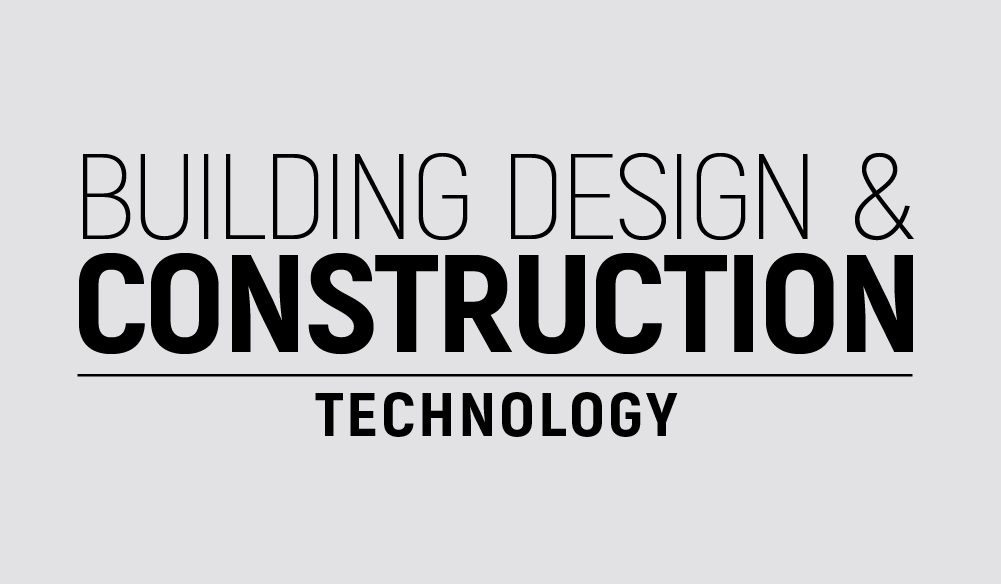Arloid Automation, a global leader in AI-based solutions designed to simplify MEP (mechanical, electrical and plumbing engineering) systems management for a broad portfolio of real estate, states that the use of AI within any building management system could lead to significant savings of up to 30% on energy and coolant use. In this sense, AI could be further used by EU member states to help reach the voluntary 15% gas reduction target.
Member states agreed to reduce their gas demand by 15% compared to their average consumption in the past five years, between 1 August 2022 and 31 March 2023, with measures of their own choice, according to the Council of the EU. The importance of reducing energy demand cannot be overemphasised largely due to supplies from Russia being significantly reduced, erratic and they may be stopped altogether.
Arloid’s AI system can be implemented without any hidden costs, which makes it one of the cheapest and easiest ways for EU states to significantly reduce energy consumption with no upfront costs and get a step closer to reaching their gas target. Once installed, companies can start savings and, once those savings have been established, a percentage fee can be charged.
For a company to reduce its energy usage with Arloid’s AI system, it needs to follow a series of simple steps. In the first instance, a virtual building identical to the one where savings are to be made is produced. This digital building has the same construction materials, location, climate and personnel attributes as the real one in order to help AI make a series of simulations based on live data from the real building. This process takes about a month, which is a lot faster than if it was done by building services engineers or property managers in the real world.
The AI intuitively adjusts the heating, ventilation and cooling settings, thus resulting in real savings. Imagine a world where all these changes are automatically done – then imagine what can be achieved. It’s not only saving energy and money, but improving comfort too.
Arloid’s AI uses Deep Reinforcement Learning to automatically manage the operation of HVAC systems in a wide range of buildings via a secure Virtual Private Network (VPN). It then makes decisions based on reinforcement behaviour and real-time data to provide faster optimisation and better HVAC performance. By controlling each HVAC device in the system and dividing the building into distinct heating and cooling micro-zones, arloid.ai provides more control of the environment and better user comfort.
The technology is gaining ground not just in Europe but across the world with actual savings being achieved over 56 million square feet. This includes real estate and many types of commercial building such as retail premises, hotels, medical centres, warehouses. By reducing energy use the cost savings can counter the effects of energy supply issues, higher prices and inflation.
AI should now top the political agenda right across the EU to help member states reach their voluntary gas reduction target of 15%. It’s not as difficult to achieve as it may first seem because new technology can play a huge part for very little outlay. At any rate it’s an obvious and achievable first step towards EU goals and for those countries encouraging dimmed lights and shorter showers there is another way!
Building, Design and Construction Magazine | The Home of Construction Industry News





